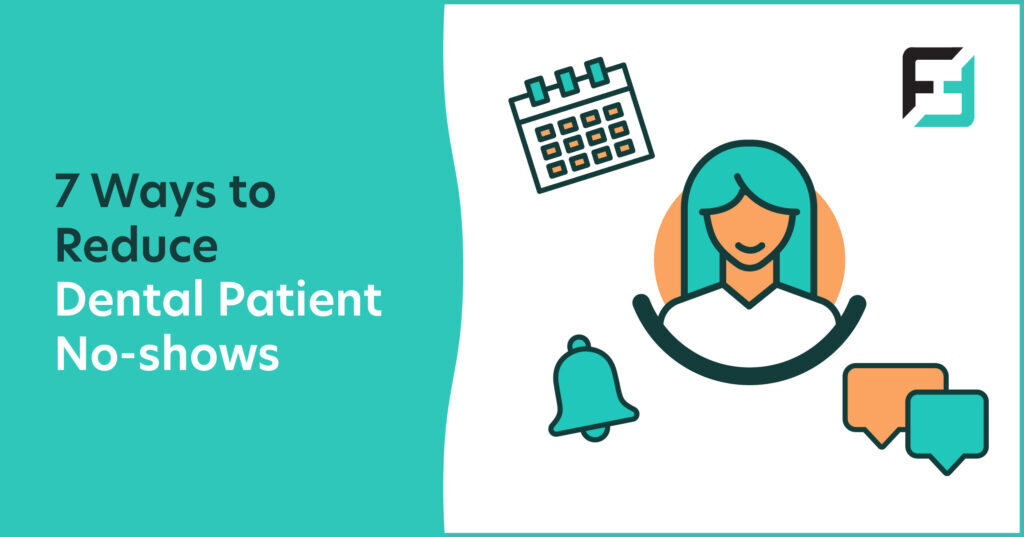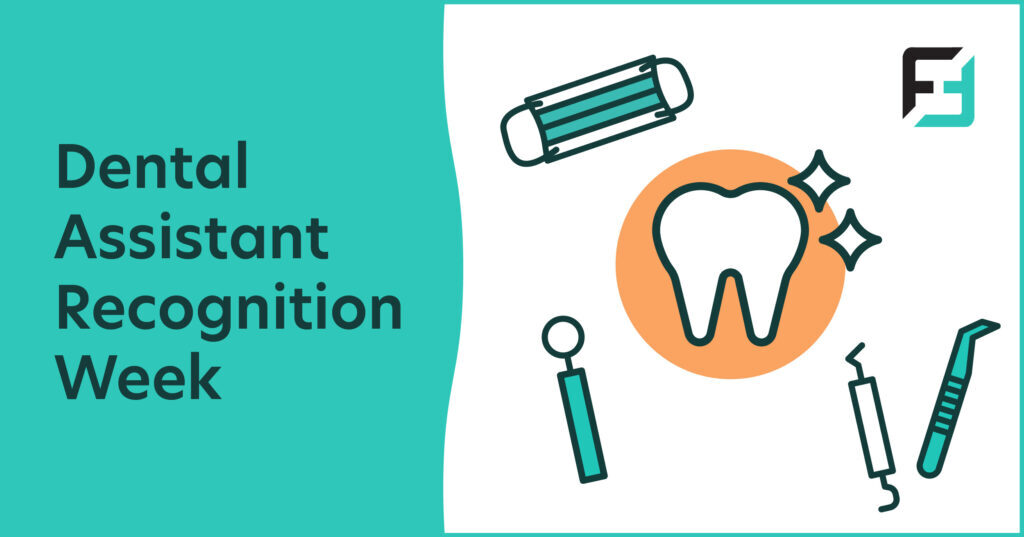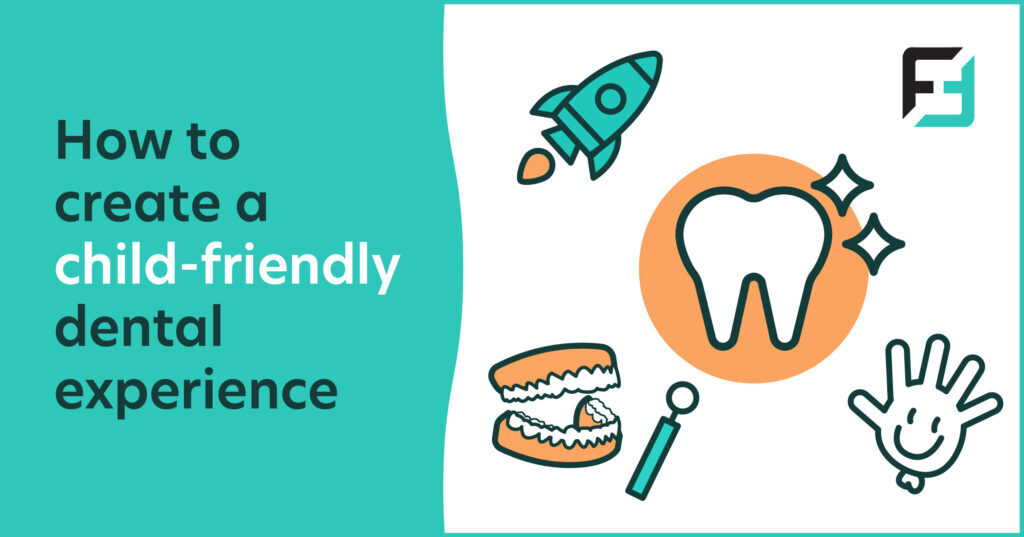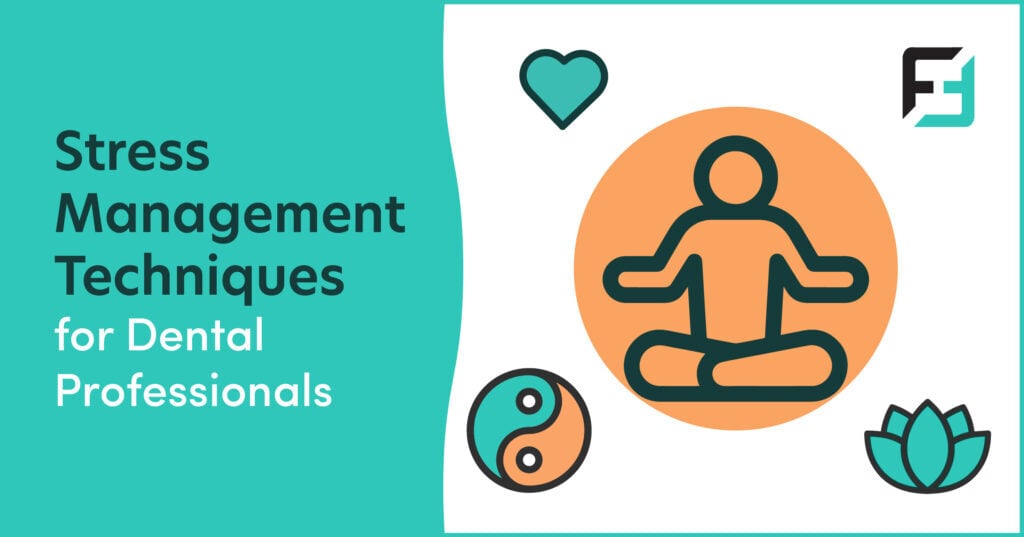It is imperative in dentistry to reduce dental patient no-shows, as no-shows can be frustrating and costly to the practice as a whole. Not only does it waste our valuable time, but it also prevents us from providing care to patients who may need it.
This article will discuss seven ways to reduce patient no-shows in your dental practice.
Appointment Reminders
Confirming appointments in advance can help to remind patients of their scheduled appointment and reduce the chances of a no-show. Send out appointment reminders via email, text message, or phone call the week of the scheduled appointment.
Secondly, consider implementing a reminder system that automatically sends appointment reminders via email or text. An automated system can help reduce your staff's workload and ensure patients receive timely reminders.
Cancellation Policy
Create a clear and concise cancellation policy outlining the financial consequences of missed appointments. Include details on fees for cancellations made within an exact timeframe and how to reschedule an appointment.
Offer Flexible Scheduling
Offering flexible scheduling options, such as evening or weekend appointments, can help accommodate patients with busy schedules and reduce the chances of a no-show.
A Waitlist
Maintain a waitlist for patients who are interested in earlier appointments or have canceled appointments. This list will help you fill last-minute openings and minimize the impact of no-shows.
Staff Training
Provide your staff with the training to handle patient scheduling, cancellations, and rescheduling. Ensure they know your cancellation policy and can answer questions or concerns from patients.
Staff training can also help you streamline your check-in process, minimize wait times, and reduce patient frustration. Encourage patients to arrive early and complete any necessary paperwork before their appointment.
Deposits
Collecting a deposit or partial payment upfront for expensive procedures can help to ensure that patients are committed to their appointments and reduce the likelihood of a no-show.
Open Communication
Encourage open communication with patients and provide a platform for feedback. Open communication and feedback will help address any concerns or issues contributing to no-shows and improve the patient experience.
Furthermore, following up with patients after a missed appointment can help to identify any underlying issues and prevent future no-shows. Following up can also be an opportunity to reiterate your cancellation policy and encourage patients to reschedule their appointment.
Conclusion
Overall, practices can reduce dental patient no-shows with a combination of communication, organization, and flexibility. By implementing these seven effective strategies, you can minimize the impact of no-shows on your practice and provide the best possible care to your patients.




